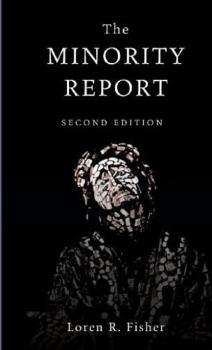Loren R. Fisher
Список книг автора Loren R. FisherThe Jerusalem Academy, 2nd Edition
This novel tells the story of the scribes who produced the book of Genesis. It is narrated by Keziah, the wife of Jonathan, one of the scribes. They collected the stories and put them together according to a detailed plan. These same scribes worked in the Jerusalem Academy during the time of the Davidic monarchy about 1000 BCE. The scribes understood their work to be a Royal Epic, and it helped bring Judah and Israel together and legitimize the throne of David. This epic was performed at the dedication of David's palace, and it is interesting to note the interplay between the scribes' text and the performance of the minstrels.
The Eloquent Peasant, 2nd edition
Four thousand years ago, Egyptian society struggled with the downfall of the Old Kingdom, which brought an end to material success and introduced anarchy and chaos. Out of this period of crisis came such literature as A Dialogue between a Man and His Ba, Instructions to Meri-ka-Re, as well as the story recounted in this volume, The Eloquent Peasant.
In this story, Khun-Anup, a poor peasant, was robbed, beaten, and scorned by Nemtinakht, who was well connected. Khun-Anup appealed to authorities for redress but had to make his appeals nine times. This compelling narrative recounts the peasant's struggle for justice. Fisher's fresh translation with notes provides an engaging entry to a story that has contemporary implications.
Genesis, A Royal Epic
Genesis «was a political document of the state, and its major function was to exalt David and his monarchy, not only with his own people but also among the other states of that world. The scribes of the monarchy used many sources for this work, and certainly the literary criticism of the past has helped us to isolate many of these sources. However, the view presented here is quite different from the older criticism in that the sources that were used in this work must date from before the exile. This is obvious, if the sources were used by the scribes of the Davidic monarchy. None of this can be said with dogmatic zest, but we can at this point discuss some reasons why it seems possible to see Genesis in this way.» –from the Introduction




